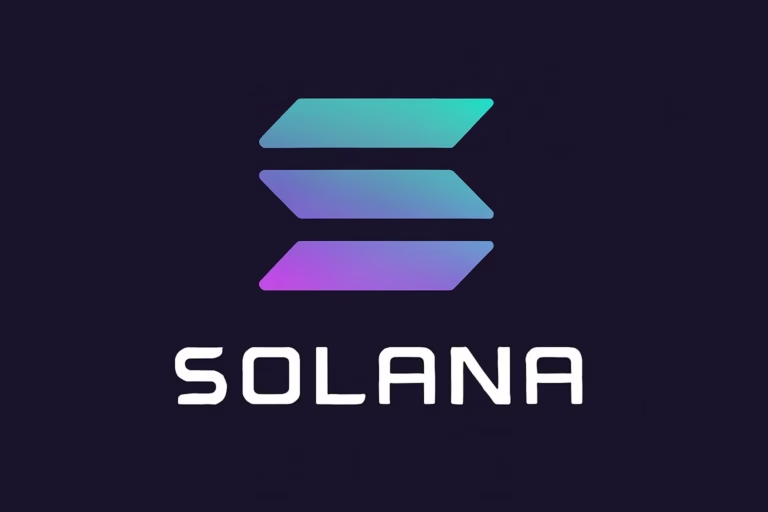
- Pakistan is exploring the use of its surplus electricity to power Bitcoin mining and AI data centers, aiming to address energy waste while boosting innovation, exports, and tech employment.
- With support from figures like Binance founder Changpeng Zhao and a focus on regulatory sandboxes, the country seeks to position itself as a global hub for blockchain and digital technology.
Pakistan is charting a bold new course in the digital economy by exploring how its surplus electricity can power Bitcoin mining and AI data centers. This initiative is not just about solving an energy dilemma—it’s a strategic move to boost exports, drive innovation, and create tech-focused jobs.
As reported by Reuters, the Pakistani government is in active discussions with various mining firms to tap into regions rich in unused electricity. With solar energy capacity increasing and traditional power grids struggling with demand fluctuations, the country sees an opportunity to turn excess watts into wealth through crypto mining.
From Power Surplus to Economic Strategy
Bilal Bin Saqib, head of the Pakistan Crypto Council, believes that Bitcoin mining and AI infrastructure could become key pillars of the nation’s economic recovery and technological advancement. “We’re not just mining coins—we’re mining opportunities,” he noted.
The potential benefits extend far beyond cryptocurrency. By channeling energy into high-performance data centers, Pakistan can position itself at the forefront of the global AI and blockchain revolution. The focus is also on establishing regulatory sandboxes—controlled environments to safely experiment with crypto technologies before nationwide rollouts.
A Nation Ready for the Digital Leap
Despite lacking a formal regulatory framework, Pakistan already ranks among the top 10 countries in global crypto adoption, with an estimated 15–20 million users. It also holds the third-largest freelance economy in the world—a clear signal of the country’s digital readiness.
Changpeng Zhao, the founder of Binance, recently joined the Pakistan Crypto Council as a strategic advisor. His involvement brings both credibility and expertise to the national push for crypto and blockchain infrastructure, as well as youth education in related technologies.
Saqib stressed that empowering young people with blockchain and AI skills could transform Pakistan into a global tech hub. “This isn’t just about mining Bitcoin,” he said. “It’s about mining potential—unlocking a digital future powered by Pakistani talent.”
As Pakistan continues to build momentum in the crypto and AI sectors, its innovative use of surplus electricity could light the way for other emerging economies facing similar energy challenges.
DISCLAIMER:
The views and opinions expressed herein are solely those of the author or advertiser and do not necessarily reflect the views of the publisher. The publisher does not endorse or guarantee the accuracy of any information presented in this article. Readers are encouraged to conduct further research and consult additional sources before making any decisions based on the content provided.




